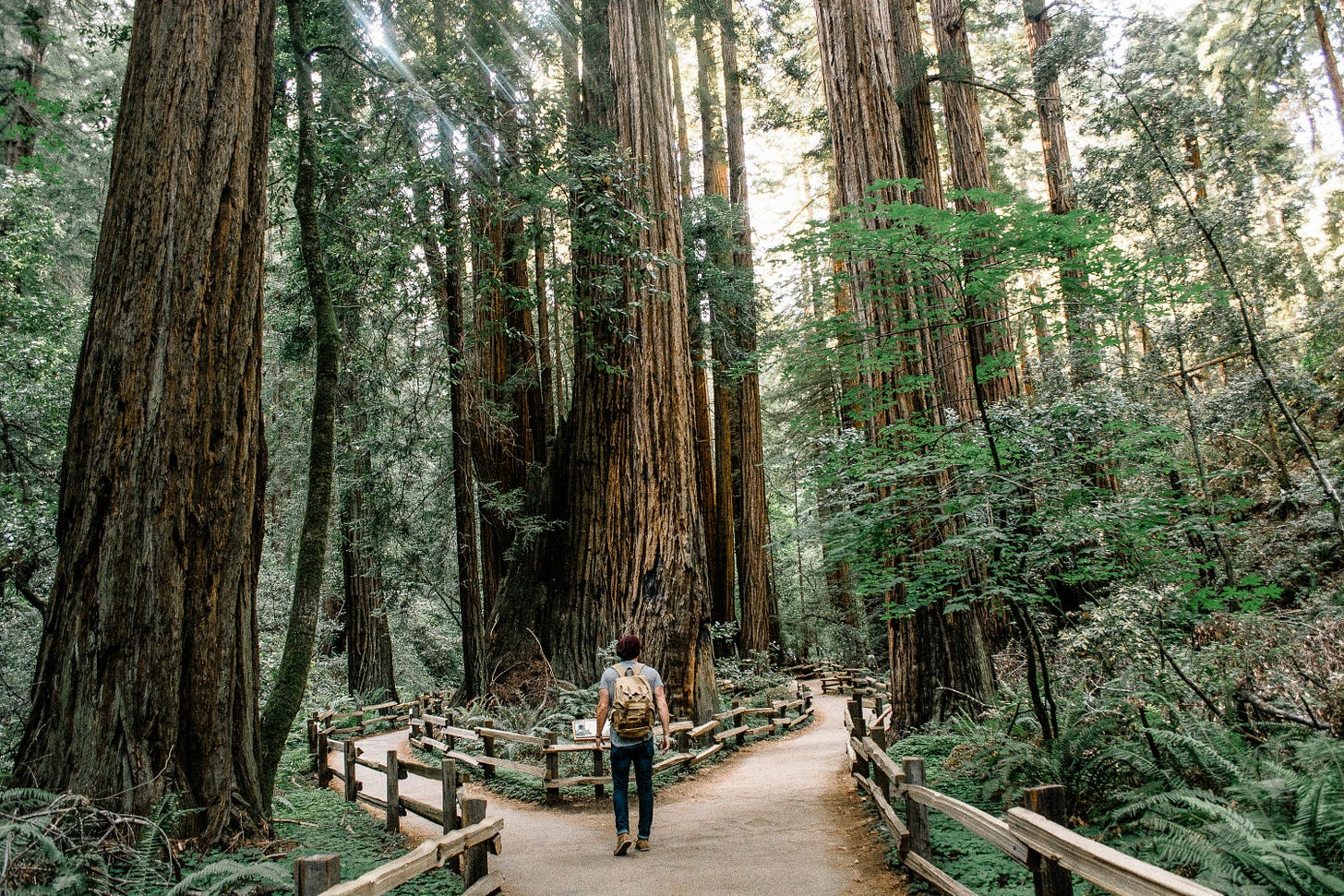✍️Science Writing News Roundup #231
The Open Notebook is partnering with the Reynolds Journalism Institute to build a resource that will help journalists integrate more science directly into their daily work.
Every story is a science story: The Open Notebook is partnering with the Reynolds Journalism Institute to build a resource that will help journalists integrate more science directly into their daily work. (Photo by Caleb Jones on Unsplash)
Welcome! You are reading the Science Writing News Roundup, a newsletter for science writers. You can also read this edition online. Did someone forward you this newsletter? Sign up here.
🔔Articles
From nonfiction to fiction: How a health care reporter wrote and sold her first novel. In this “How I Did It,” Amanda Eisenberg discussed the path (and late nights) to publishing her novel, differences and similarities between the fields of journalism and book publishing, and what other nonfiction writers should know before trying their hands at fiction.
How do we tell science stories in this moment? Is it possible for journalists to both fully cover deep cuts to science funding and protect the scientists who speak out?
💬Resources
Handy AI tools for science writers: There's a world of free and paid AI tools at your disposal, but which can be useful for a science writer?
Join the Knight Center’s free two-week online course, “Writing Tight and Editing Tighter: How to Keep Your Articles Short Enough to Get Read,” from March 23 to April 6. Learn how to craft clear, concise stories that hold readers’ attention.
Learn How to Report on Ocean Stories: Two events this week highlight the critical role of ocean reporting for our planet’s health. You can watch the first one here: How To Ensure Equity in Ocean Narratives.
Tracking the Trump Administration’s effects on science and health care. Here is a list of legal trackers and databases.
More resources 👉Bonus content for monthly supporters.
🔍News
Deadline extended for the fifth edition of The Italian Association of Science Writers Award for Science Journalism: Candidates now have until March 31, 2025, at 23:59 CET to submit their applications for the prestigious award, which has been recognizing excellence and innovation in science journalism in Italy since 2021.
Neuroscientist Stanislas Dehaene to be awarded the 2025 Lewis Thomas Prize. For his imaginative ability to turn complex and enthralling scientific research into beautifully crafted prose, Stanislas Dehaene will be presented with the Lewis Thomas Prize for Writing about Science at The Rockefeller University. The prize, named after noted physician-scientist and essayist Lewis Thomas, honors scientists as inspirational authors.
🔭Videos
Ceremony for the 2024 AAAS Kavli Science Journalism Award winners
Finding sustainable work you love in an era of relentless layoffs | AHCJ Webinar
🧫Opportunities and Jobs
⏳Events
SCIENCE TALK ’25, April 3-4, 2025 at McKimmon Center in Raleigh, NC… and virtually everywhere starting March 10th
Protecting sources and navigating sensitive stories (April 2, 2025)
More events 👉Bonus content for monthly supporters.
Thanks for reading! Subscribe for free to receive the next post in your inbox:
Worried you missed something? See previous posts here. What would you like to see in the newsletter? Please send me your suggestions: sciencewriting@substack.com



